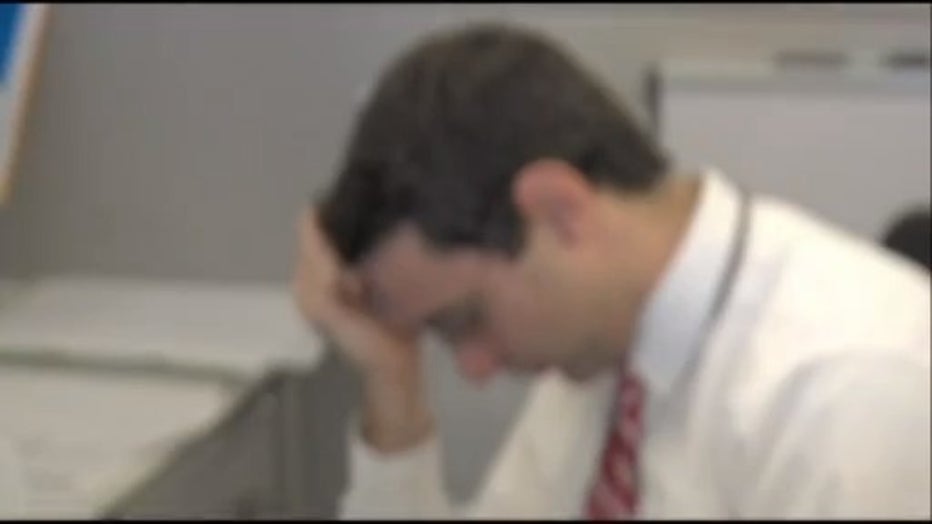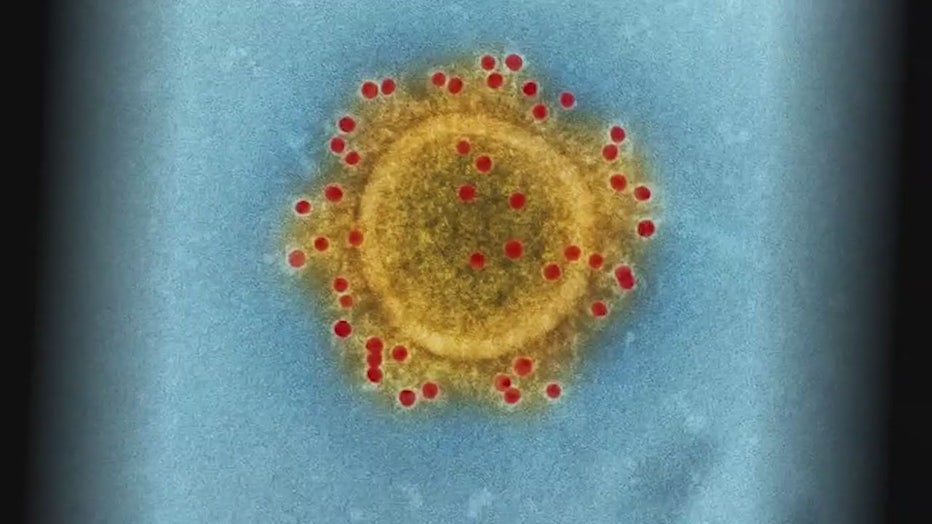Social distancing side effect is isolation, here's how to cope
FOX 2 - Social distancing to limit the coronavirus has mental health professionals concerned - especially when you couple it with these uncertain times.
In fact, even President Donald Trump said he was fearful of the end result. On Tuesday he spoke of his concern if the country stays shut down socially and economically.

Mental health professionals have advice for the isolation of social distancing
Dr. Sabrina Jackson, The People Expert, weighs in on the effect of coronavirus social distancing.
"You're going to lose more people by putting the country into a massive recession, or a depression," Trump told FOX News. "You are going to lose people with suicides by the thousands."
For people who were already struggling with mental health issues, sheltering in place can leave people alone and in turn - lead them down dark paths.
"If you don't know yourself, if you don't know how you are wired, you could easily get on the negative side of a thing instead of seeing what naturally brings you joy," said Dr. Sabrina Jackson, The People Expert.
In some cases, thoughts of depression, anxiety and worry can be reversed by simply creating a new routine.

"We need to make sure we connect with people in some manner," Jackson said. "We may need to de-clutter or clean up or things of that nature. We may need to do some research or problem solving and lastly we need to move - do some exercise or yoga."
But mental health professionals are keenly aware that in long term isolation things can quickly spiral out of control. Whether it is in buying into misinformation or fear that there is no end.
"Please do not use a permanent solution for a temporary problem," Jackson said. "Because if you are here, you can get with somebody they can help. You can come up with a new strategy, maybe we are going to find new businesses to come out of this. You may find new partnerships with people."
RELATED: Is it the flu, a cold or COVID-19? Different viruses present similar symptoms
RELATED: Social distancing: What to do and what not to do to slow the spread of COVID-19
And even in this new normal old sayings can still ring true.

"The things that we can control is what is in front of us right now," Jackson said. "Don't be thinking about the past, you can't change it. And don't think about the future because that's going to take care of itself."
Another concern Dr. Sabrina Jackson has is for the healthcare workers who are dealing with something no one has before. She says we as a country need to be preparing to deal with the PTSD that will come after the crisis.
Mental health professionals are still treating clients and patients, even if not in person.
If you or a loved one is feeling distressed, call the National Suicide Prevention Lifeline. The crisis center provides free and confidential emotional support 24 hours a day, 7 days a week. Call the National Suicide Prevention Lifeline at 1-800-273-8255, or text 741-741.

